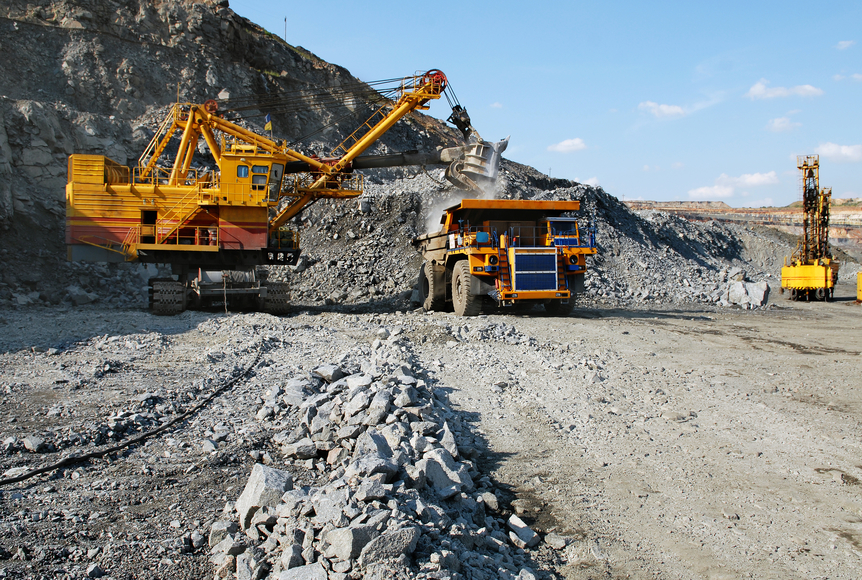Friday, 27/02/2026 | 17:17 GMT+7
Actions that can improve the energy efficiency of existing haul truck fleets in mining include:
Optimising payload management
Payload management ensures that each haul truck carries the optimum tonnage of material to increase fuel efficiency. In some cases this approach can also reduce the number of trucks required to complete tasks.1 For example, Thiess implemented payload management systems, identifying energy efficiency opportunities which save up to 117,300 GJ and 8200 tonnes CO2-e emissions per year.
Implementing improved driver practices
Improved driver practices, or eco-driving, refers to a system of driving in which optimum fuel economy is achieved by the vehicle operator. The system incorporates a range of driving behaviours such as smoother driving, e.g. gentle acceleration and braking, and driving more slowly with less idling. Fortescue Metals Group quantified the energy costs associated with stopping haul trucks unnecessarily, which equated to 361 kL (13,935 GJ) of diesel per annum for the Caterpillar 777 fleet and 407 kL (15,710 GJ) of diesel per annum for the Terex 3700 AC fleet for a single stop sign per payload cycle. 3 For more information see Improved Driver Practices.

Purchasing larger haul trucks
Jellinbah Resources Pty Ltd operates the Jellinbah East Mine in the Bowen Basin of central Queensland. The purchase of larger coal trucks will reduce the number of trucks in a circuit. This will reduce the number of trips to the pit to collect the coal potentially reducing fuel use by 151,893 litres of fuel or 5,863 GJ of energy per year.
Measuring and analysing haul truck energy performance
Downer EDI Mining developed performance indicators that use an equivalent flat haul calculation to account for elevation changes on a specific mine route. The indicators provide a more consistent measure of true energy performance, enabling the company to track energy intensity over time. The Commodore open-cut coal mine in South East Queensland has been used as the pilot site for energy efficiency improvements. Energy intensity of the mine has improved by 18.2% over five years.
Benchmarking and comparing performance across the haul truck fleet
Leighton Contractors developed a Best Truck Ratio model to evaluate and benchmark the efficiency of fleet operations across a single site and multiple operations, where the nature of the work undertaken varied greatly. This model provides an indication of how efficient their fleet is in comparison with what is practically and realistically possible. It is providing a rigorous analytical tool which Leighton is using to support decision making processes.
Truong Duy








 Consultation on the methodology for developing and updating energy consumption standards for four major industrial sectors
Consultation on the methodology for developing and updating energy consumption standards for four major industrial sectors
 Opening of the 2025 Energy-Efficient Equipment and Green Transition Exhibition Fair
Opening of the 2025 Energy-Efficient Equipment and Green Transition Exhibition Fair
 Energy-saving solutions and green transition promotion
Energy-saving solutions and green transition promotion
 The 9th VEPG Steering Committee Meeting: Strengthening Coordination for Viet Nam’s Just Energy Transition
The 9th VEPG Steering Committee Meeting: Strengthening Coordination for Viet Nam’s Just Energy Transition